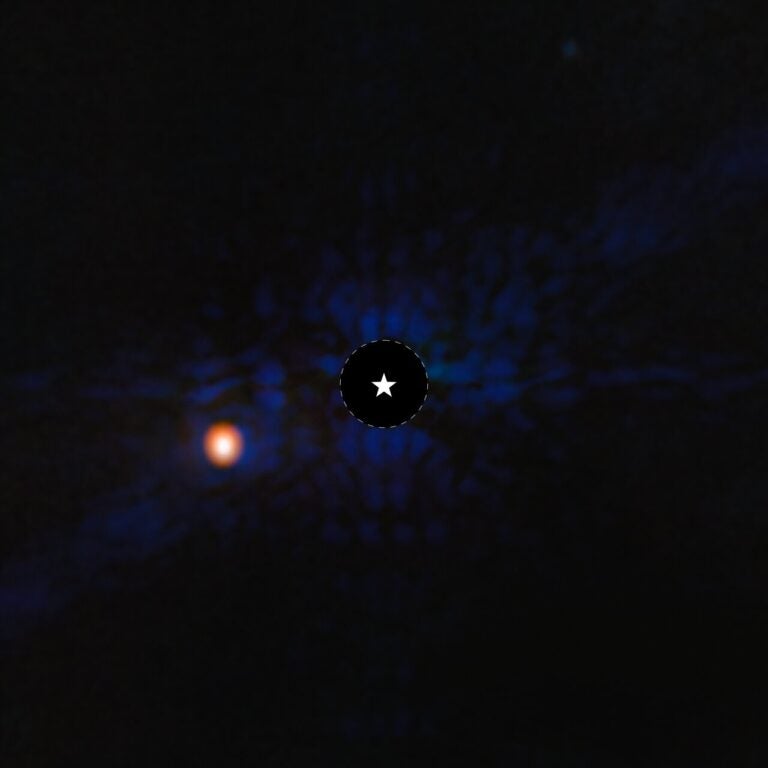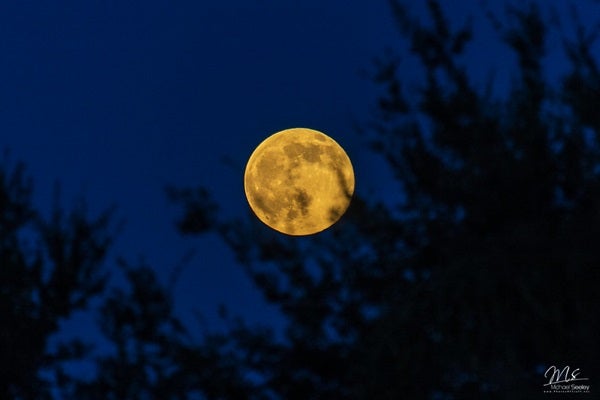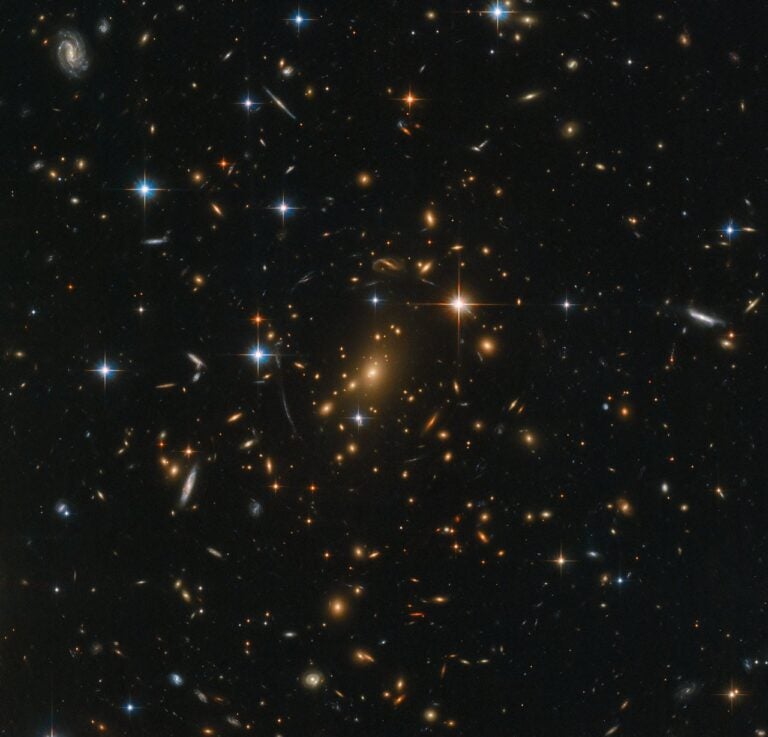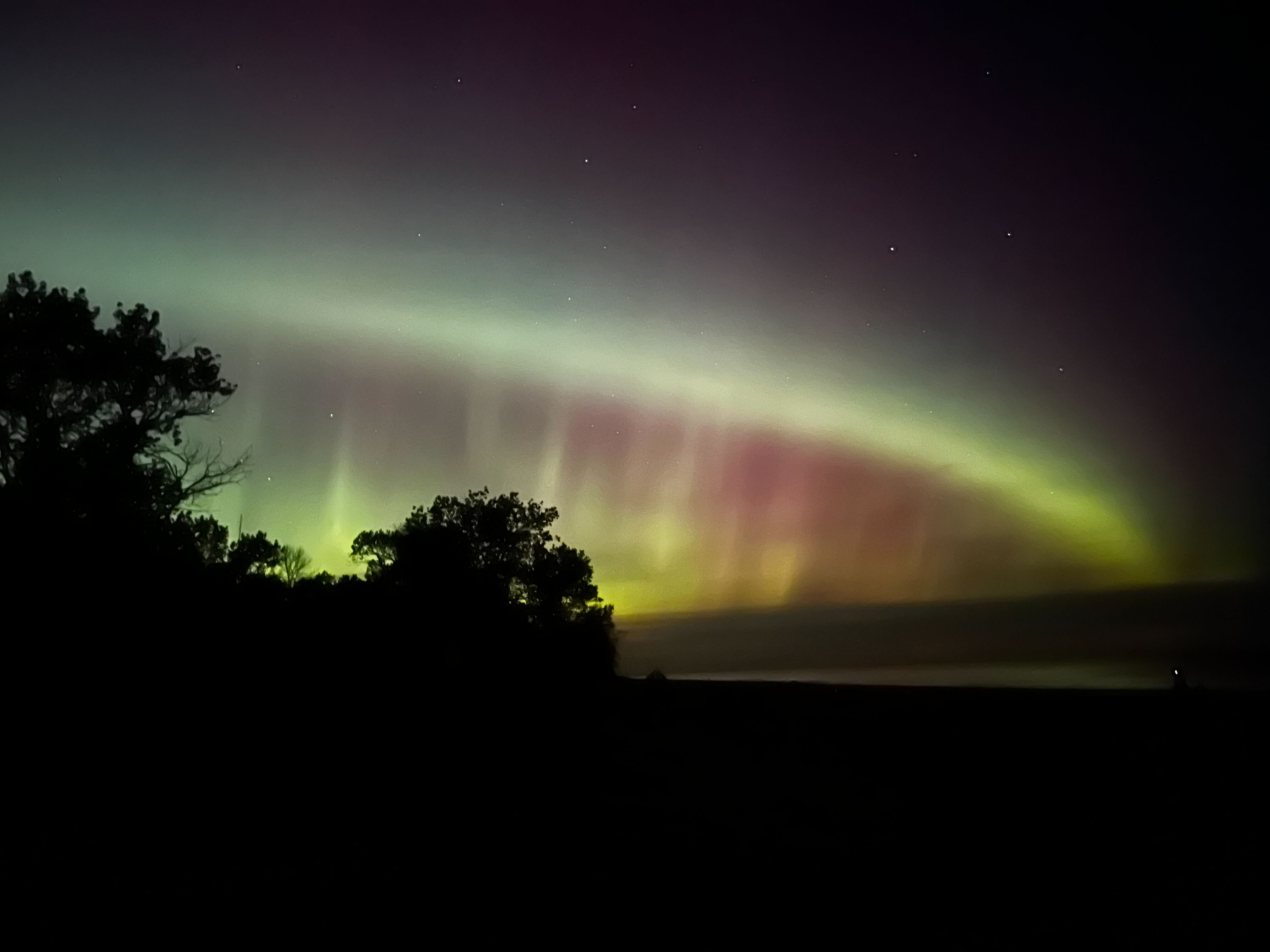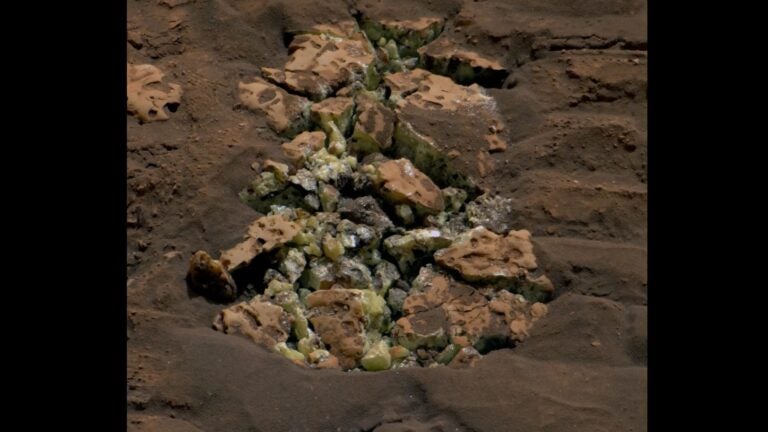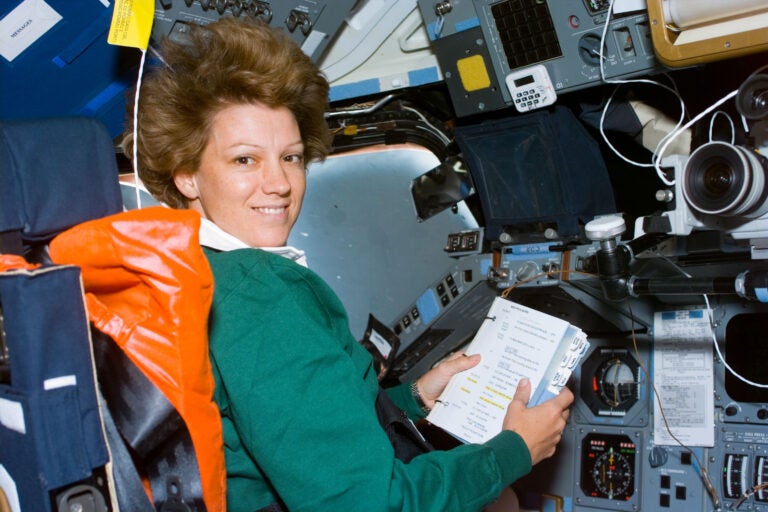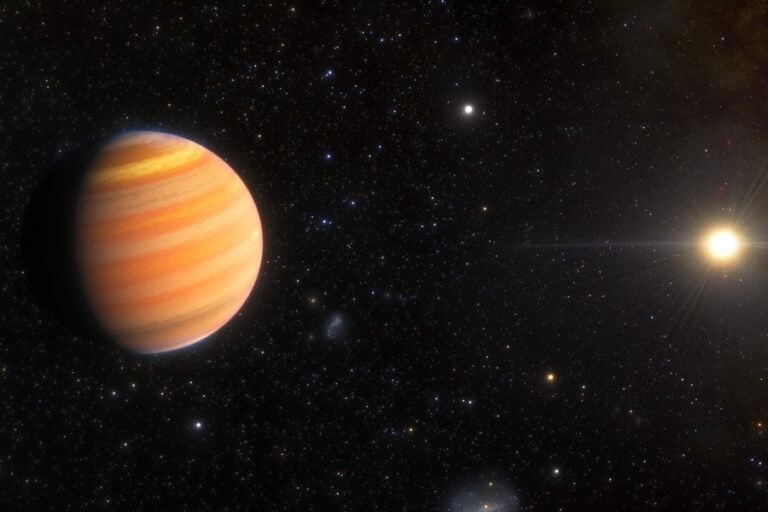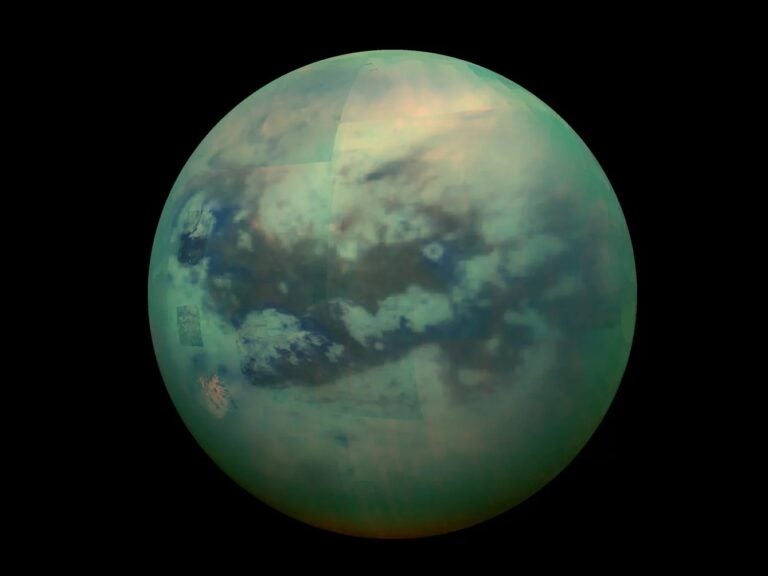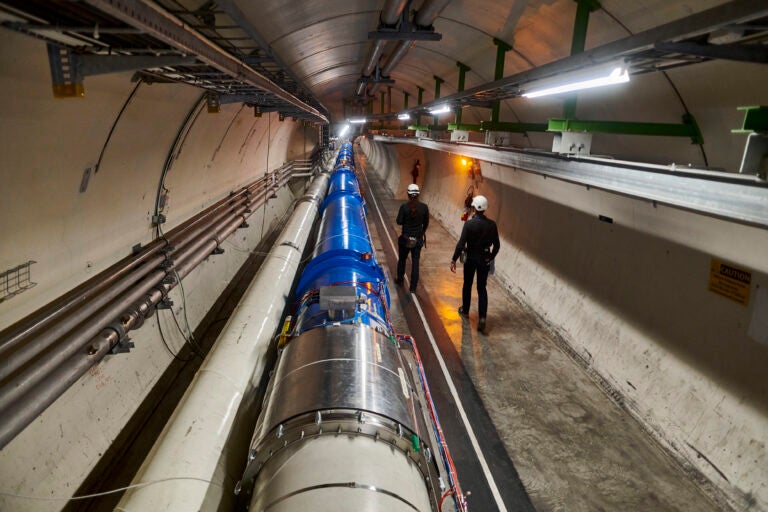David Morrison of the NASA Ames Research Center has won the 2004 Carl Sagan Medal. This award acknowledges long-term excellence in communicating planetary science to the public.
An expert in small bodies and a team member of numerous space missions, Morrison is a dedicated astronomy popularizer. Through his lectures, television and radio appearances, and books, Morrison has devoted himself to promoting planetary science with the general public.
Well-known for his work with Voyager and Galileo, Morrison also has fought to remove the misconceptions while educating the public to the potential hazards from asteroid and comet impacts.
The Gerard P. Kuiper Prize recognizes outstanding contributions to planetary science whose achievements have most advanced our understanding of the planetary system. This year’s award goes to Carle M. Pieters of Brown University.
Dedicated to the Moon’s geology, Pieters’s ongoing lunar research is instrumental for planning the exploration of the Aitken basin. Her research has also translated to the study of asteroids. As operator of NASA’s Reflectance Experiment Laboratory, Pieters is largely responsible for enabling more researchers to conduct spectroscopic measurements of solar system bodies.
The Harold C. Urey Prize goes to an outstanding, young planetary scientist. Jean-Luc Margot of Cornell University has won the 2004 award.
Having researched solar system binary objects, planetary rotations, and water ice on the lunar surface, Margot enlists various mediums in his studies. His diverse studies include optical, radio and infrared ground-based and spaced-based telescopes.
Alexander Basilevsky, director of the Laboratory of Comparative Planetology at the Vernadsky Institute in Moscow, Russia, has won the Harold Masursky Prize This goes to scientists who have provided exceptional service to planetary science through engineering, managerial, programmatic, or public service activities.
A colleague and friend of the award’s namesake, Basilevsky was instrumental in the study of geology and crater formation on the Moon, Mars, and Venus. He helped dictate the Soviet space program’s direction for lunar and planetary mission. Through his professional relationships and research, Basilevsky helped bridge the gap between Western and Soviet planetary science caused by Cold War friction.


